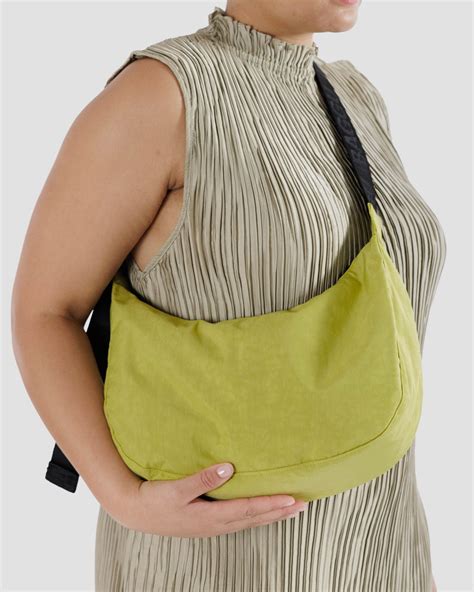hermes airport covid test | Airport immigration & arrivals technology
$214.00
In stock
The COVID-19 pandemic dramatically reshaped the landscape of international travel, and Cyprus, with its vital tourism industry, was no exception. Hermes Airports, the operator of both Larnaca (LCA) and Paphos (PFO) airports, implemented comprehensive measures to safeguard public health while facilitating travel. While travel restrictions have eased significantly and testing requirements have largely been lifted, understanding the past protocols and remaining health safety measures is crucial for any traveler to or from Cyprus. This article delves into the COVID-19 related procedures that were in place at Hermes Airports, drawing on information regarding entry rules, health safety protocols, travel measure updates, and related technologies. While current regulations may differ, this overview provides valuable context and insight into how Cyprus navigated the pandemic's impact on air travel.
Cyprus Introduces Entry Rules: A Timeline of Evolving Regulations
Cyprus, like many nations, responded to the unfolding COVID-19 crisis by implementing a tiered system of entry rules, categorized by countries based on their epidemiological risk assessments. These categories, typically labeled as Green, Orange, and Red, determined the specific requirements for travelers arriving from those respective nations. The criteria used to classify countries were regularly reviewed and adjusted based on factors such as infection rates, vaccination rates, and the prevalence of variants.
Initially, the entry rules were stringent, requiring PCR tests for most arriving passengers, regardless of vaccination status. As the pandemic evolved and vaccination campaigns progressed globally, Cyprus gradually eased restrictions for vaccinated individuals and those holding valid recovery certificates. The introduction of the EU Digital COVID Certificate (EUDCC) played a significant role in streamlining the verification process and facilitating travel within the European Union.
The types of tests accepted also evolved. While PCR tests were initially the gold standard, rapid antigen tests were later accepted in certain circumstances, offering a more convenient and affordable option for travelers. The validity period of tests was also subject to change, reflecting the evolving understanding of the virus's incubation period and transmission dynamics.
HEALTH SAFETY PROTOCOL: A Multi-Layered Approach at Hermes Airports
Hermes Airports implemented a comprehensive health safety protocol designed to minimize the risk of COVID-19 transmission within the airport environment. This protocol encompassed a range of measures, including:
* Enhanced Cleaning and Disinfection: Frequent and thorough cleaning and disinfection of high-touch surfaces, such as check-in counters, security trays, handrails, and restrooms, were implemented using approved disinfectants.
* Social Distancing Measures: Measures were put in place to encourage social distancing, including floor markings, signage, and queue management systems. Seating arrangements were modified to ensure adequate spacing between passengers.
* Mandatory Mask Wearing: The wearing of face masks was mandatory in all indoor areas of the airport, including terminals, security checkpoints, and boarding gates.
* Hand Sanitizer Stations: Hand sanitizer stations were strategically placed throughout the airport, providing passengers and staff with easy access to hand hygiene.
* Temperature Screening: Temperature screening was conducted at arrival points to identify individuals with potential symptoms of COVID-19.
* Ventilation Systems: Enhancements were made to ventilation systems to improve air circulation and filtration, reducing the concentration of airborne particles.
* Protective Barriers: Protective barriers were installed at check-in counters, information desks, and other service points to minimize contact between staff and passengers.
* Staff Training: Airport staff received comprehensive training on COVID-19 prevention measures, including proper hygiene practices, the use of personal protective equipment (PPE), and procedures for handling suspected cases.
Travel Measure Updates for Cyprus' Airports: Staying Informed
The travel measures in place at Cyprus' airports were subject to frequent updates, reflecting the dynamic nature of the pandemic and the evolving scientific understanding of the virus. It was crucial for travelers to stay informed about the latest requirements before their trip.
Official sources of information included:
* The Cyprus Ministry of Health: The Ministry of Health website provided the most up-to-date information on entry rules, testing requirements, and other COVID-19 related regulations.
* Hermes Airports Website: The Hermes Airports website offered practical information about the health safety measures in place at Larnaca and Paphos airports, as well as links to official sources of information.
* Airline Websites: Airlines provided information about their own specific COVID-19 related policies and procedures, as well as any additional requirements for travel to Cyprus.
* Embassies and Consulates: Embassies and consulates of Cyprus in other countries provided information to their citizens about the entry requirements and travel restrictions in place.
Travelers were advised to check these sources regularly in the days and weeks leading up to their trip to ensure they were aware of the latest regulations.hermes airport covid test
Coronavirus: Some 5,000 Air Passengers a Day Undergo PCR Tests (During Peak Periods)
At the height of the pandemic, Cyprus implemented widespread testing programs at its airports to monitor the prevalence of COVID-19 among arriving passengers. During peak periods, as many as 5,000 air passengers per day underwent PCR tests upon arrival. This extensive testing program aimed to identify and isolate infected individuals, preventing further spread of the virus within the community.
The testing process typically involved:
* Registration: Passengers were required to register for a test online or upon arrival at the airport.
* Sample Collection: Trained healthcare professionals collected nasal or throat swabs from passengers.
* Laboratory Analysis: The samples were sent to accredited laboratories for PCR analysis.
Additional information
| Dimensions | 8.8 × 5.2 × 2.3 in |
|---|








